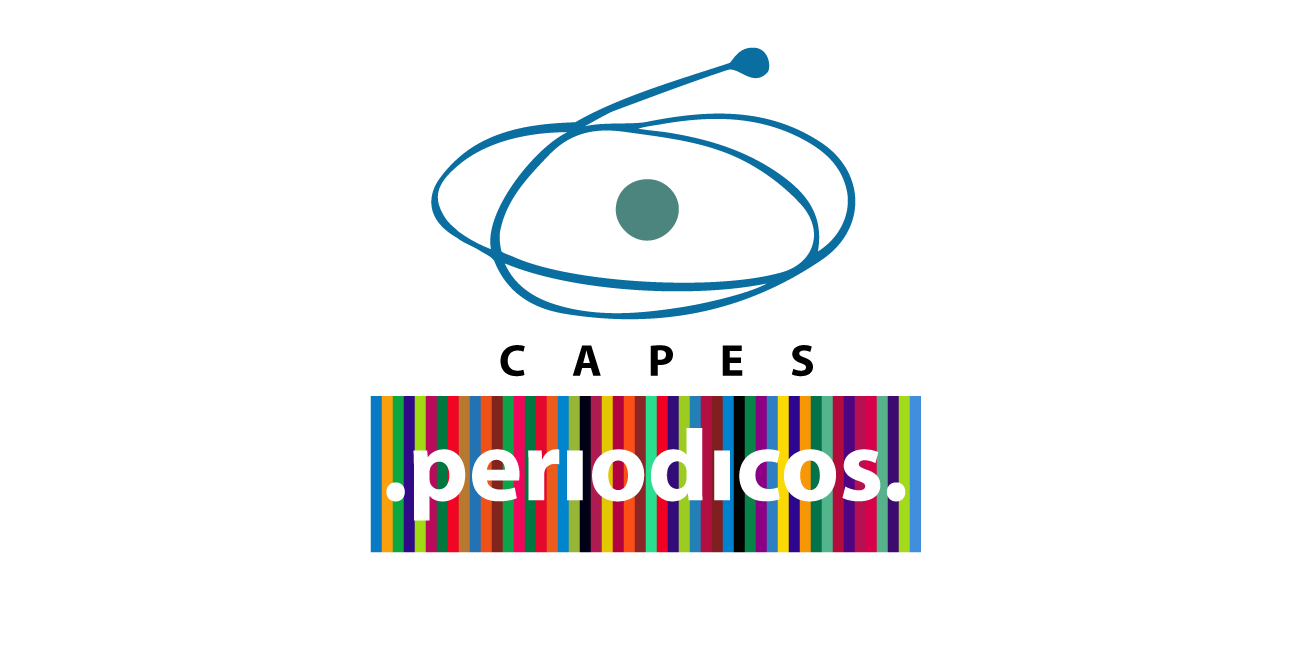The Enemy´s Penal Law and the Legitimacy of Hate Discourse in the Social Media
DOI:
https://doi.org/10.17765/2176-9184.2020v20n1p43-56Keywords:
Enemy´s penal law, Hate discourse, Social media, Society of informationAbstract
Current paper analyzes the theory of the enemy´s penal law and the legitimacy of the hate discourse in social media as a possibility of relationship between the selection of an enemy within the social media and his attack with no consequences and with the support of people of the same social media. The concept of hate discourse, the emergence of haters and the manner the principle base of the theory of the enemy´s penal law supports thought, within common sense, of the possible aggression against the enemy within the social media. A bibliographical survey coupled to deduction was employed to establish a relationship between theory that bases the existence of an enemy within the penal law application system and the possibility of justification or legitimation of the hate discourse towards an enemy within the social media. Results show that there is a relationship between the theory of the enemy´s penal law and the legitimacy of hate discourse within the social media since the basis of the theory is the same that justifies the occurrence of attacks to enemies on the Internet.References
AUGRAS, Monique. Opinião Pública: teoria e pesquisa. São Paulo: Vozes, 1970.
BARBOSA, Marco Antônio. Pós-modernidade: a identidade: real ou virtual? Revista Direitos Culturais, Santo Ângelo, RS, v. 5, 2010.
BARLOW, John Perry. A declaration of the independence of cyberspace. 1996. Disponível em: http://www.dhnet.org.br/ciber/textos/barlow.htm. Acesso em: 02 dez. 2017.
BAUMAN, Zygmunt. A Modernidade Líquida. Rio de Janeiro: Jorge Zahar, 2001.
BRASIL. Constituição Federal de 1988. Disponível em: http://www.planalto.gov.br/ccivil_03/constituicao/constituicao.htm. Acesso em: 17 dez. 2017.
BRASIL. Marco Civil da Internet. Lei 12.964/14. Disponível em: http://www.planalto.gov.br/ccivil_03/_ato2011-2014/2014/lei/l12965.htm. Acesso em: 22 jun. 2017.
CASTELLS, Manuel. A galáxia da internet: reflexões sobre a internet, os negócios e a sociedade. Tradução Maria Luiza X. de A. Borges. Rio de Janeiro: Zahar, 2003.
CONNOR, Steven. Cultura Pós Moderna: introdução às teorias do contemporâneo. São Paulo: Edições Loyola, 1989.
CONSULTOR Jurídico. Editor nazista condenado a dois anos de reclusão. Disponível em: https://www.conjur.com.br/2004-set-10/editor_nazista_condenado_dois_anos_reclusao. Acesso em: 17 dez. 2017.
DICIONÁRIO. Disponível em: https://dicionariodoaurelio.com/odio. Acesso em: 17 dez. 2017.
FERRAJOLI, Luigi. Direito e Razão: teoria do garantismo penal. São Paulo: RT, 2006.
FOUCAULT, Michel. O A Priori Histórico e o Arquivo. In: A ARQUEOLOGIA do Saber. 8. ed. Rio de Janeiro: Forense Universitária, 2012.
GIBSON, William. Neuromancer. São Paulo: Aleph, 2003. p. 35.
JAKOBS, Gunther. Direito Penal do Inimigo: noções e críticas. Tradução André Luís Callegari, Nereu José Giacomolli. Porto Alegre: Livraria do Advogado, 2009.
JORNAL G1. Condenada estudante que publicou mensagem contra nordestinos em SP. Disponível em: http://g1.globo.com/sao-paulo/noticia/2012/05/condenada-estudante-que-publicou-mensagem-contra-nordestinos-em-sp.html. Acesso em: 17 dez. 2017.
JORNAL G1. Jovem tem testa tatuada após ser acusado de furto de bicicleta em São Paulo. Disponível em: http://g1.globo.com/fantastico/noticia/2017/06/jovem-tem-testa-tatuada-apos-ser-acusado-de-furto-de-bicicleta-em-sp.html. Acesso em: 17 dez. 2017
LÉVY, Pierre. Cibercultura. Tradução de Carlos Irineu da Costa. São Paulo: Ed. 34, 2010.
LÉVY, Pierre. A inteligência coletiva: Por uma antropologia do ciberespaço. Tradução de Luiz Paulo Rouanet. São Paulo: Edições Loyola. 1998.
LEONARDI. Marcel. Responsabilidade civil dos provedores de serviços de internet. São Paulo: Juarez de Oliveira. 2005.
MPF. 10 medidas. Disponível em: http://combateacorrupcao.mpf.mp.br/10-medidas/docs/resumo-medidas-frente-verso.pdf. Acesso em: 17 dez. 2017.
PRADO, Gilbertto. Arte telemática: dos intercâmbios pontuais aos ambientes virtuais multiusuário. São Paulo: Itaú Cultural, 2002.
RECUERO, Raquel. Redes sociais na internet. Porto Alegre: Sulina, 2009.
SANTOS, Marco Aurélio Moura dos. O Discurso do Ódio em Redes Sociais. São Paulo: Lura, 2016.
SIBILIA, Paula. O show do eu: a intimidade como espetáculo. Rio de Janeiro: Nova Fronteira, 2008.
SILVA, Rosane Leal da et al. Discurso do ódio em redes sociais: jurisprudência brasileira. Rev. direito GV, São Paulo, v.7, n. 2, p. 445-467, jul./dez. 2011.
UOL. Morre mulher linchada pela população no Guarujá. Disponível em: https://noticias.uol.com.br/ultimas-noticias/agencia-estado/2014/05/05/morre-mulher- linchada-pela-populacao-no-guaruja.htm. Acesso em: 17 dez. 2017.
ZAFFARONI, Eugenio Raúl. O inimigo no direito penal. Tradução de Sérgio Lamarão. Rio de Janeiro: Revan, 2007.
Additional Files
Published
How to Cite
Issue
Section
License
A Revista se reserva o direito de efetuar, nos originais, alterações de ordem normativa, ortográfica e gramatical, com o intuito de manter o padrão culto da língua, respeitando, porém, o estilo dos autores. As opiniões emitidas pelos autores são de sua exclusiva responsabilidade.
Os direitos autorais pertencem exclusivamente aos autores. Os direitos de licenciamento utilizado pelo periódico é a licença Commons Atribuição 4.0 Internacional. São permitidos o compartilhamento (cópia e distribuição do material em qualquer meio ou formato) e adaptação (remixar, transformar, e criar a partir do trabalho, mesmo para fins comerciais), desde que lhe atribuam o devido crédito pela criação original.
















